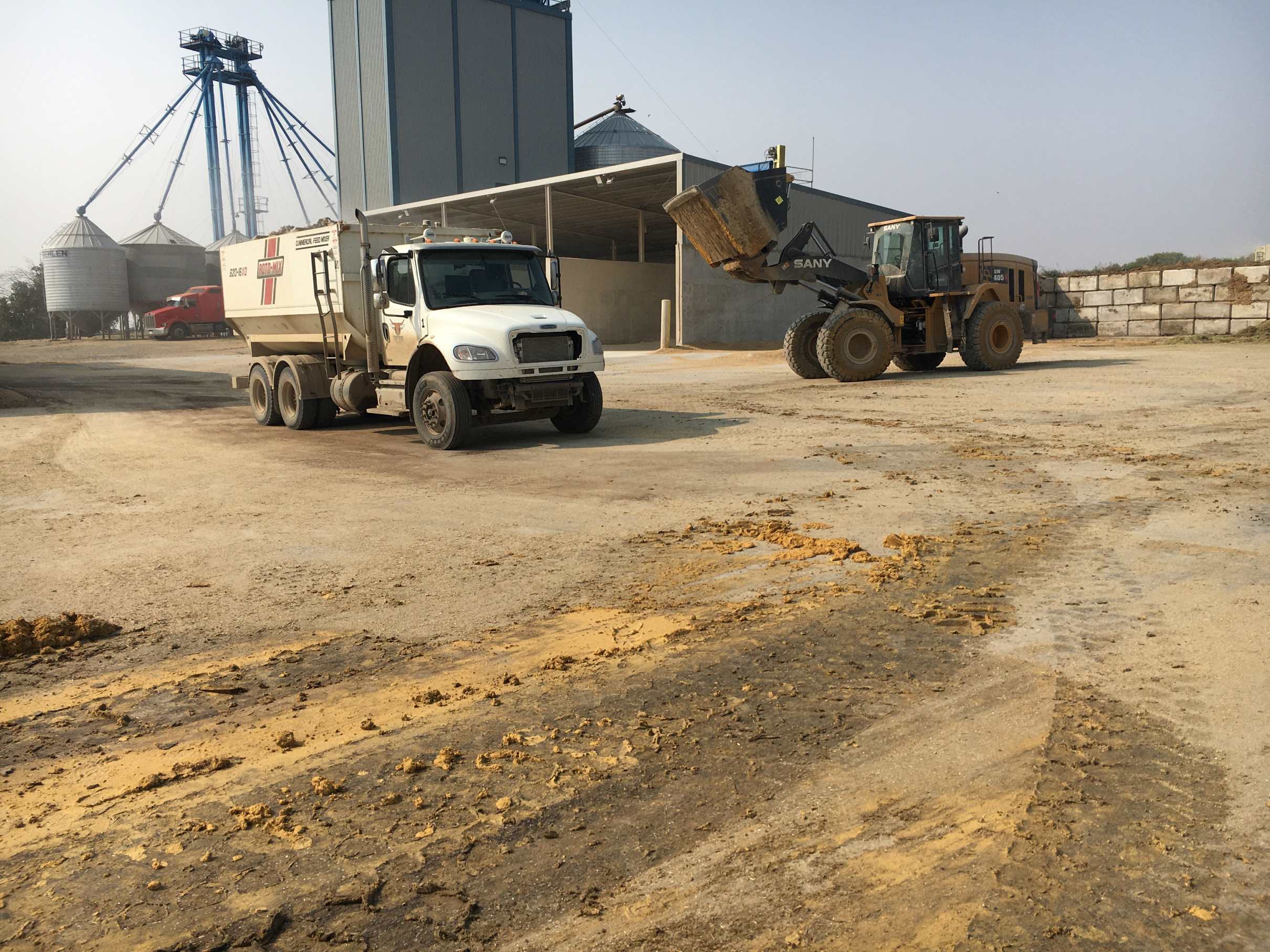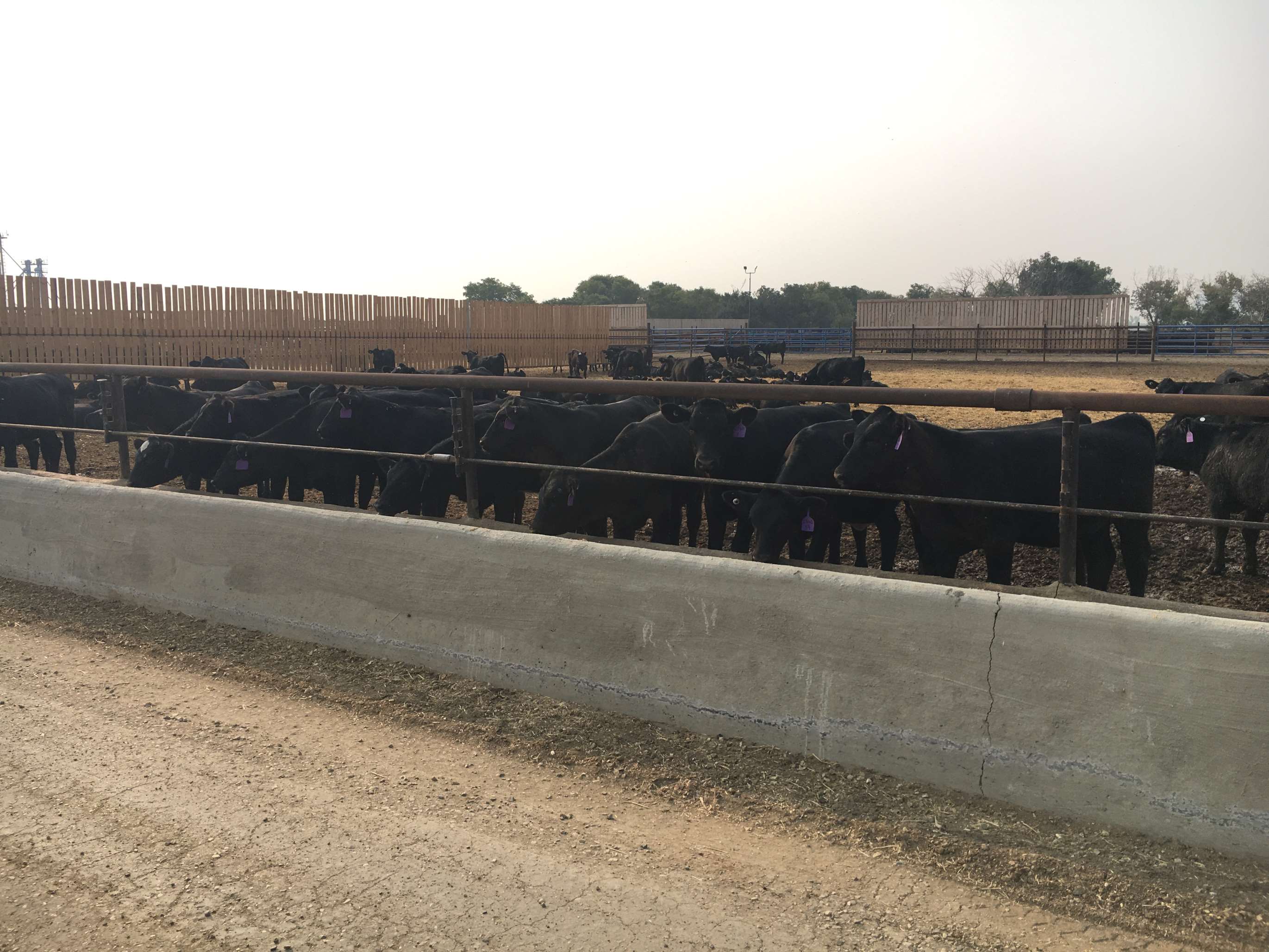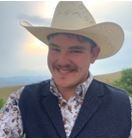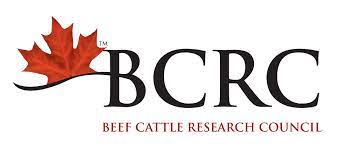Summary

Backgrounding and Finishing Operations Survey

The study includes a survey for operation managers to complete, focusing on operation practices, feed management, feed milling, feed additives, diet composition, and growth implant programs. This will provide an indepth view of the Canadian beef industry and will allow for the creation of a national benchmark database. From this, producers will be able to compare their practices to that of backgrounding and finishing operations across Canada.
By creating a benchmark, we will be able to identify best management practices that increase both efficiency and sustainability of Canadian beef cattle operations. This will help inform the best practices/management that can improve the efficiency and profitability of your operation.
As an incentive to participate, each participant will receive a personalized confidential report of how their operation's practices compare to the Canadian benchmark.
You can access the survey here! https://ca1se.voxco.com/SE/90/Feedlot/
NIRS Fecal Sampling Trial

The second phase of the study includes feed, fecal, and manure sampling in selected feedlots across Canada and developing fecal Near-Infrared Spectroscopy (NIRS) calibrations. With appropriate calibrations, NIRS has the ability to predict diet digestibility, dry matter intake, and performance of cattle by rapid scans of fecal samples. This allows for us to generate fast and accurate data to improve feed processing, diet formulation, and cattle performance.
Feed, fecal, and manure samples will be collected every other month over the course of two years. Samples will be dried and scanned with NIRS to test the accuracy of scans with varying feed management practices, cattle performance, and feed sources, especially byproducts. Improved calibrations will allow for more accurate testing of fecal samples to predict cattle growth performance. This will improve precision feeding, increase feedstuff flexibility, and improve cattle efficiency and productivity.
If your feedlot is interested in participating in the sampling trial, please contact us!
Our Research Team

Dr. Gabriel Ribeiro
Department of Poultry and Animal Science
University of Saskatchewan

Gus Halibert
Department of Poultry and Animal Science
University of Saskatchewan

Dr. Gregory Penner
Department of Poultry and Animal Science
University of Saskatchewan

Dr. Katherine Wood
Department of Animal Biosciences
University of Guelph

Megan St. Martin
Department of Animal Biosciences
University of Guelph

Dr. Kim Ominski
Department of Animal Science
University of Manitoba

Dr. Tim McAllister
Agriculture and Agri-Food Canada

Dr. Stephanie Terry
Agriculture and Agri-Food Canada

Brenna Grant
Canfax Research Services

Dr. Mary Lou Swift
University of Saskatchewan

Jenilee Peters
University of Saskatchewan/Trouw Nutrition

Megan Van Schaik
Ontario Ministry of Agriculture, Food, and Rural Affairs
Sponsors

We would like to send out a big thank you to our sponsors, the Beef Cattle Research Council and Agriculture and Agri-food Canada Cluster program

Contacts
Dr. Gabriel Ribeiro
Assistant Professor at the University of Saskatchewan and Saskatchewan Beef Industry Chair
306-966-5420
Gus Halibert
M.Sc. Candidate, Ruminant Nutrition, Research Tech